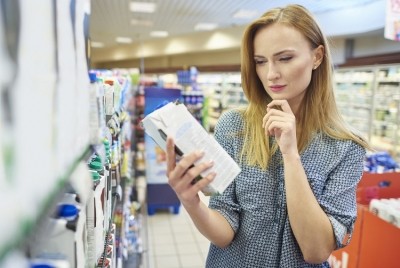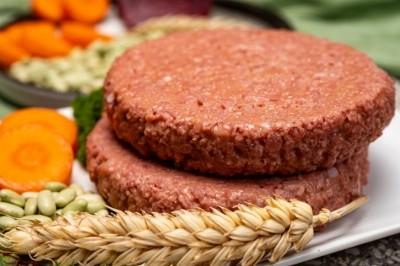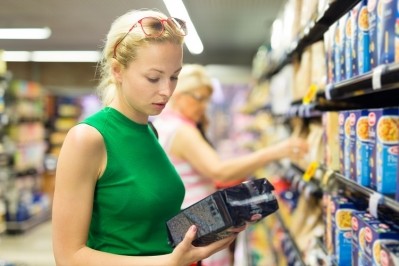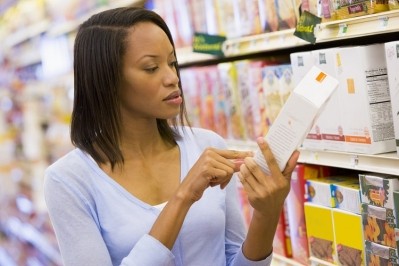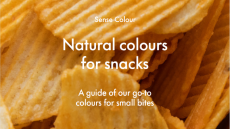What does ‘100% natural’ mean? EU urged to impose definition for food products
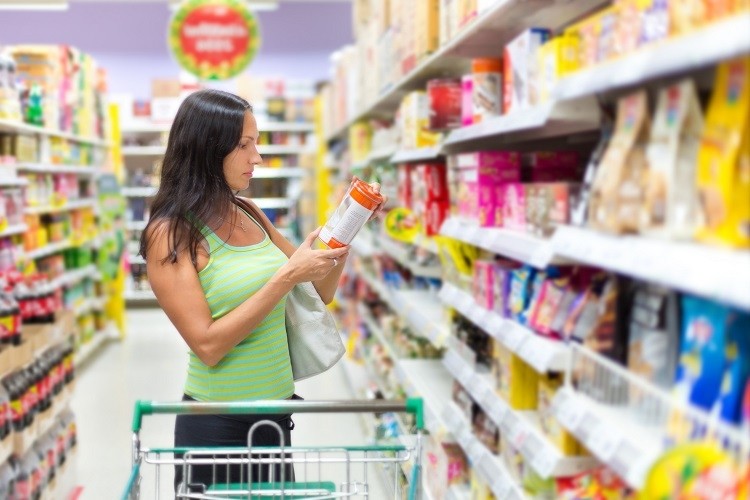
While food trends invariably come and go, one trend that has garnered interest over the past decade is making no signs of falling out of favour: ‘natural’ food.
And marketers are fully aware of consumers’ preference for ‘100% natural’ or ‘made with 100% natural ingredients’ claims. As such, these terms are frequently used on product packaging.
Yet, without a legally binding definition for the term ‘natural’ in EU legislation, it has been suggested ‘natural’ is being mis- and over-used.
Safe Food Advocacy Europe (SAFE) is therefore calling on the EU to change this, arguing that the Farm to Fork strategy represents the perfect opportunity to update its labelling framework.
Chemical and synthetic substances ‘far from natural’
SAFE analysed the composition of ‘hundreds of products’ available on the market to determine which ones were worthy of their ‘natural’ claims.
According to the not-for-profit’s findings, a majority using the ‘natural’ claim presented chemical and synthetic substances that are ‘far from…natural’.
SAFE did not reveal the products’ names, nor their manufacturers, because technically they are not infringing any specific law.
Rather, the not-for-profit told FoodNavigator such companies are failing to respect the ‘general principle of providing clear and easy information to consumers’ stated in the Food Information for Consumers Regulation (FIC).
“And this is, for us, the main issue,” a spokesperson told this publication. “There is no legislation that can prevent food producers using such claim without respecting specific standards and criteria.”
Indeed, the only reference to the term ‘natural’ in EU legislation is found in the Annex of the Regulation on health claims, noted SAFE, which does not require any clear condition to be fulfilled by food producers to use such term. “Consequently, consumers reply on food packaging and labelling to grasp product information, [which results in their] making choices based on wrong assumptions.”
Campaigning for change
SAFE is therefore campaigning for the EU to develop a definition for the term ‘natural’ and integrate it into EU food law.
To do so, the not-for-profit has launched the WeValueTrueNatural campaign, which is designed to raise awareness on the ‘value of real natural food’, it said, and to ‘ensure that consumers are not misled by ambiguous food claims’.
So what could a definition for ‘natural’ look like? SAFE believes a possible definition should consider a number of key elements. Firstly, it should consider the nature of the composition of a product: “A natural product should consist of natural ingredients and should not contain synthetic substances.”
Secondly, the not-for-profit said ‘natural’ products should not contain, or be obtained by, genetically modified organisms. And finally, a ‘natural’ product should be considered 100% biodegradable.
One of the main initiatives of the European Green Deal, the Farm to Fork Strategy, will support enforcement of rules on misleading information. SAFE, therefore, sees an opportunity here for change.
“The Farm to Fork strategy represents a great opportunity to finally create an EU sustainable labelling framework up to EU consumer expectations and current environmental challenges,” SAFE Secretary General Floriana Cimmarusti told FoodNavigator.
“However, we are going to lose this chance if the EU does not develop stringer labelling requirements, such as a definition of ‘natural’ for EU food products.”
